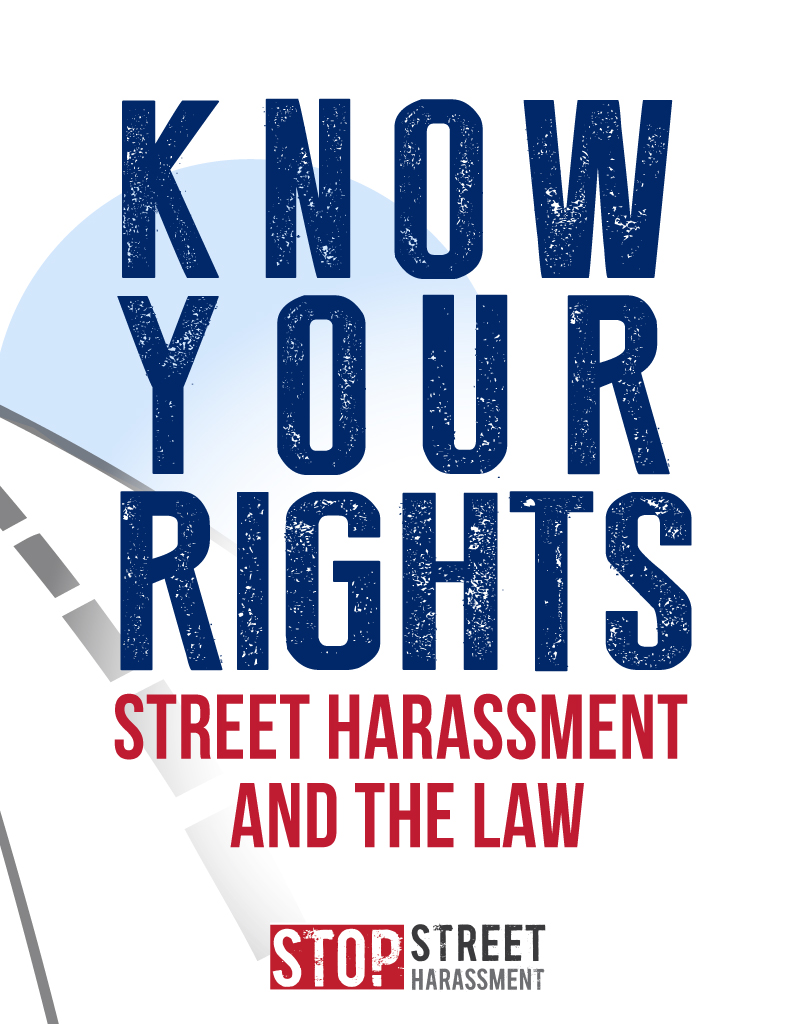 Assault and/or battery laws are not relevant to street harassment in every state, but when they are, you will find them listed under the “Verbal Harassment” or “Groping” sections of those states.
Assault and/or battery laws are not relevant to street harassment in every state, but when they are, you will find them listed under the “Verbal Harassment” or “Groping” sections of those states.
In many states, assault and battery are considered two separate crimes.
Assault: In general, a person commits an assault when, by word or action, s/he places another person in fear of receiving a battery.
Battery: A person commits a battery when s/he intentionally touches, strikes, or injures another person without that person’s consent.
When assault and battery are defined as separate crimes, one can take place without the other.
For example, someone can verbally assault you, but the situation might not escalate to battery.
Alternatively, in many states groping is considered battery because it is nonconsensual touching.
Someone might commit battery by groping, but it needn’t be preceded or followed by an assault.
We usually hear of assault and battery together because acts of violence such as fights are often preceded by verbal assault. However, in the case of street harassment, it may be just as likely that assault or battery happen independently of one another.
Keep in mind that these crimes are considered distinct in general.
In New York state, for example, a person commits assault when s/he causes physical injury to another person. As such, New York state does not have a separate law for battery.
See your individual state’s page for relevant laws on assault and battery in the context of street harassment.
